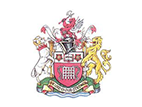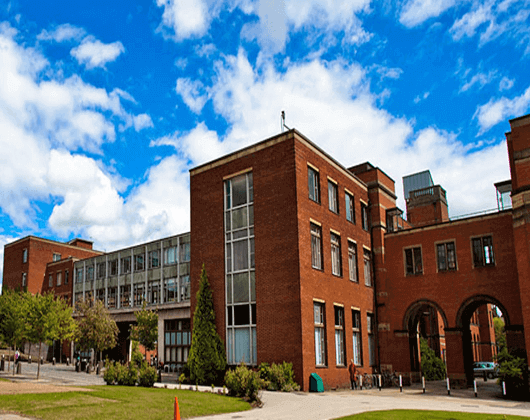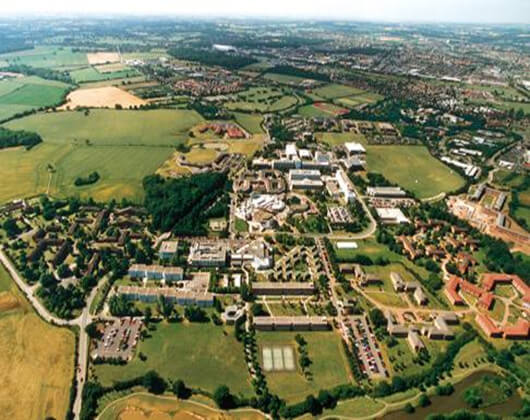Core modules provide you with a set of key skills for the theoretical, critical and reflective understanding of moving images. Final Project (core) Key Concepts in Film, Television and Moving Image (core) Contemporary Issues in Moving Image and Screen Studies (core) Optional modules give you the freedom to choose areas of specialisation. The course leaders can advise on which modules best fit your interests. You have the choice to pursue specialised interests through your choice of optional modules and coursework assignments. If you are not sure which optional modules to choose or fit your interests best, or which types of final project work to produce to best develop your area of specialisation, you should discuss this question individually with the course leaders and you should aim to do so early on in the academic year. The course structure includes two suggested pathways for those wishing to specialise in film programming and moving image curation, or in screenwriting. Cinema Distribution and Exhibition Documentary Aesthetics, Sites and Spectatorship Film Programming and Moving Image Curation Introduction to Scriptwriting Longform Screenplay Preparation and Short Documents Modern and Contemporary European Cinema Researching Histories in Asian Cinema Television Art: Aesthetics and Quality
 日本
日本
 韩国
韩国
 英国
英国



























